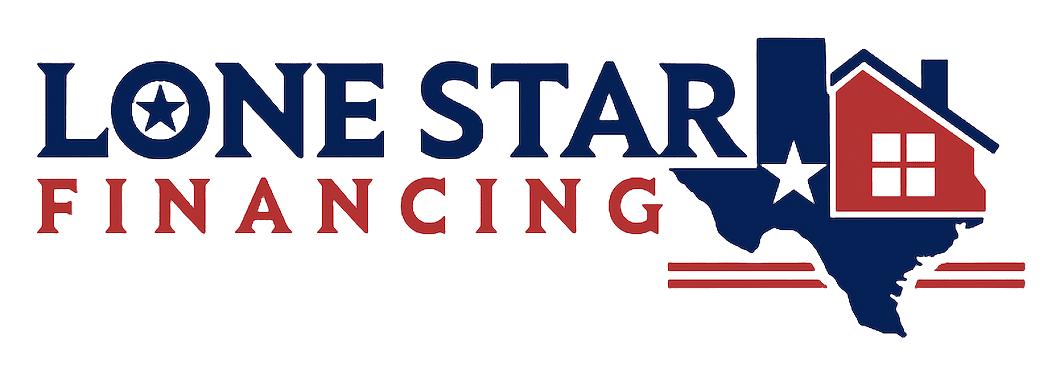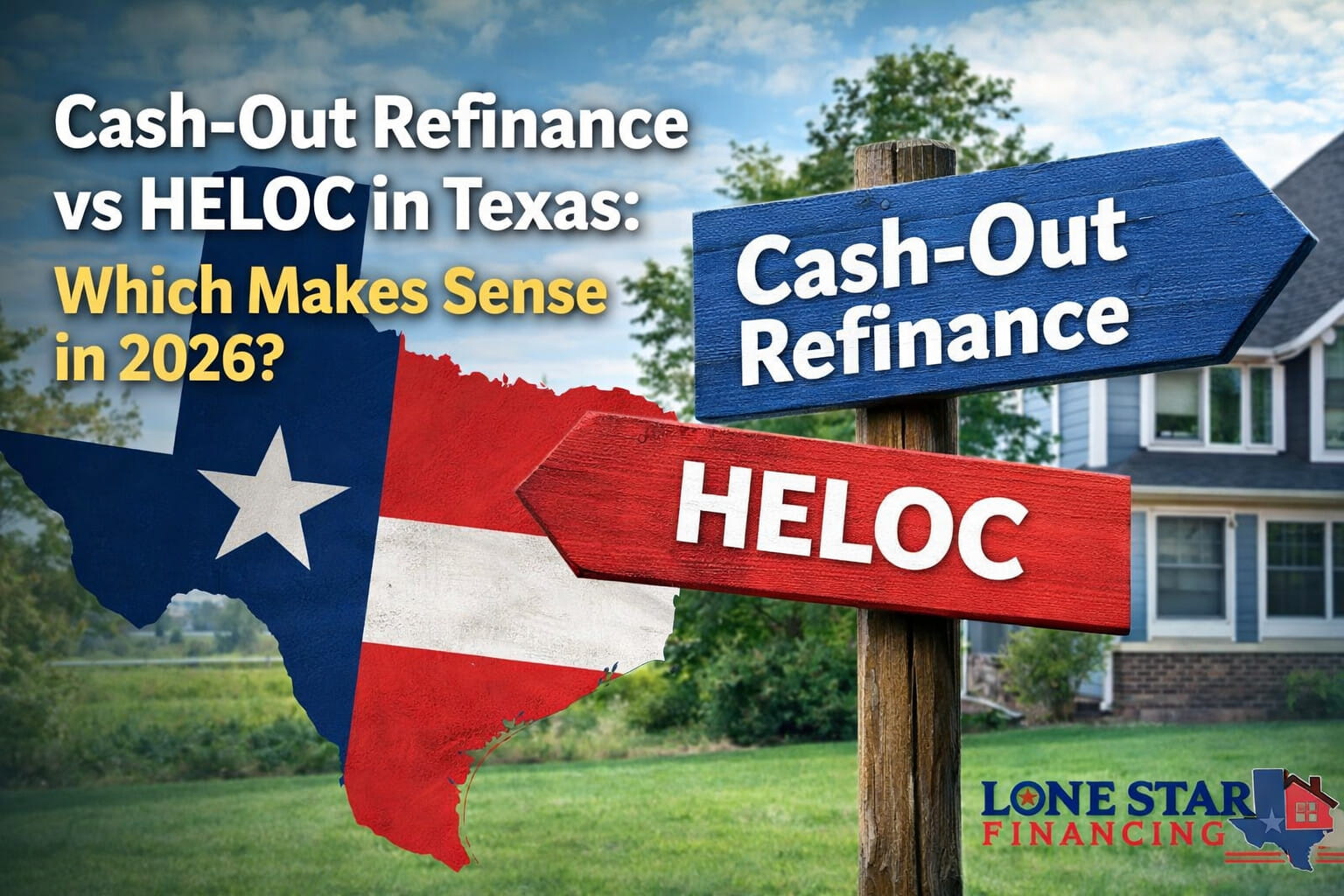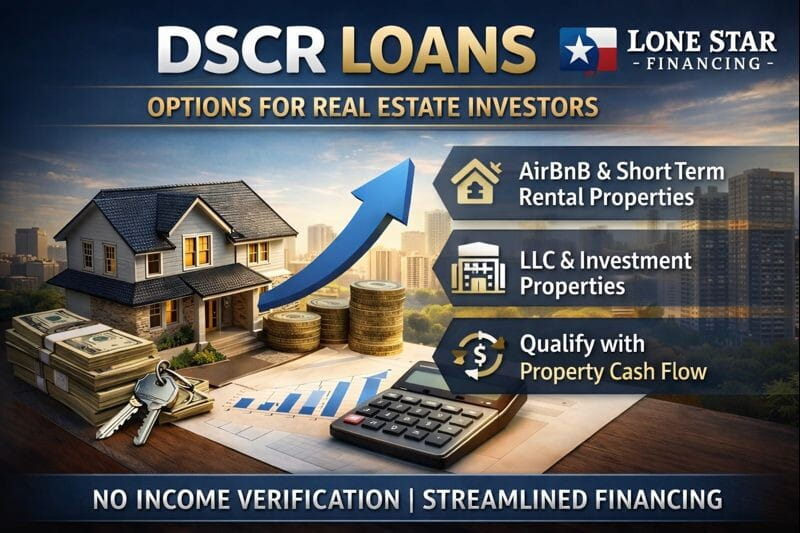If you’re in the market for a new home, you’ll first want to have an idea of what you can afford. There are many online mortgage tools to use but remember this is just an estimate. When you feel you’re ready to initiate the purchasing process you should obtain professional mortgage advice on your actual affordability. Below are three of the main types of mortgages, so let’s look at guidelines for calculating a mortgage.
Fixed-rate mortgage
A typical 30-year fixed-rate mortgage is calculated so that if you keep the loan for the full length of the loan and make all of your payments, you will precisely pay off the loan at the end of the loan term. The payment depends on the loan amount, the loan term, and the interest rate.
Balloon loan
With a much shorter loan term than a regular mortgage, a balloon loan typically lasts only five years. Payments are calculated as if the loan was going to last for the 30 year standard. Payments aren’t high enough to pay off the full loan during that time, so the remaining loan balance is due as one large final payment (known as the “balloon” payment) at the end of the loan term.
Adjustable-rate mortgage (ARM)
Initial payments for an adjustable-rate loan are calculated assuming that your initial interest rate remains the same for the entire loan term. When your interest rate adjusts, your payment will typically be re-calculated based on the new interest rate and the remaining loan term.
How to calculate your mortgage payment:
Prepare a Detailed Budget
Traditionally, you can typically afford a home priced two to three times your gross annual income. Which means, if you earn $100,000, you can typically afford a home between $200,000 and $300,000.
That’s still just an estimate because it doesn’t consider monthly expenses and debts. Prepare a budget that tallies your ongoing monthly bills for all expenses: credit cards, car and student loans, lunch at work, day care, date night, vacations, and savings. See what’s left over to spend on homeownership like your mortgage, property taxes, insurance, maintenance, utilities, and community association fees, if applicable.
Factor in Your Down Payment
The higher your down payment, the lower your monthly payments will be—which leaves more money to make your mortgage payment. Conversely, the lower your down payment, the higher the loan amount you’ll need to qualify for and the higher your monthly mortgage payment will be. Also keep in mind if home prices or interest rates are rising and you wait to buy until you accumulate a bigger down payment, you may end up paying more for your home. However, if you make a down payment for at least 20% you could avoid private mortgage insurance.
Consider Your Overall Debt
Lenders usually follow the 43% rule. This means monthly mortgage payments covering your home loan principal, interest, taxes and insurance, plus all your other bills, like car loans, utilities, and credit cards, shouldn’t exceed 43% of your gross annual income.
Here’s an example of how the 43% calculation works for a homebuyer making $100,000 a year before taxes:
- Your gross annual income is $100,000.
- Multiply $100,000 by 43% to get $43,000 in annual income.
- Divide $43,000 by 12 months to convert the annual 43% limit into a monthly upper limit of $3,583.
- All your monthly expenses including your potential mortgage cannot be more than $3,583 per month.
It’s possible a lender will give you a mortgage with a payment above the 43% line—but consider carefully before you take it. Evidence from studies of mortgage loans suggest that borrowers who go over the limit are more likely to run into trouble making monthly payments, the Consumer Financial Protection Bureau warns.
Home ownership should make you feel safe and secure, and that includes financially. Be sure you can afford your home by calculating how much of a mortgage you can safely fit into your budget. Do your research and be ready so when it comes time to buy your home you aren’t faced with financial surprises. You’ll go into the loan process knowing what you can comfortably afford.
Lone Star Financing Can Help
At Lone Star Financing, we are a Texas-based mortgage company. We want to help you through every step of financing your new home. Fill out the quick contact form or call Lone Star Financing today at 1-800-960-4565 to speak with one of our Texas mortgage specialists and get a free good faith estimate.



